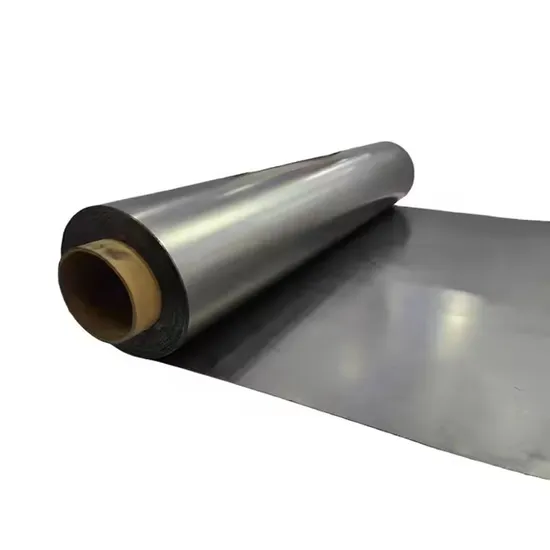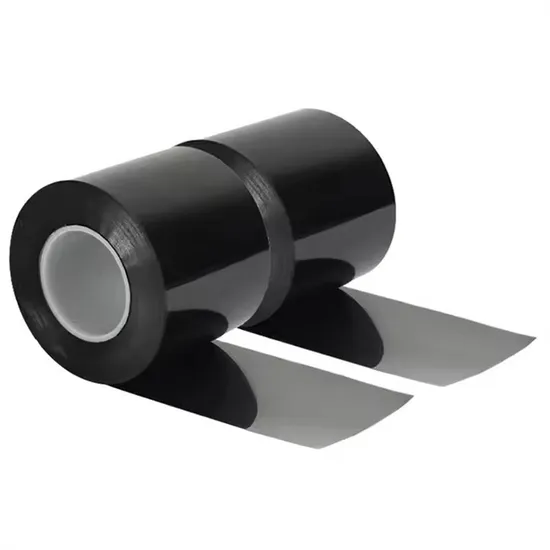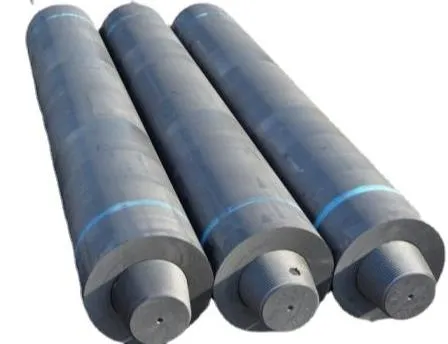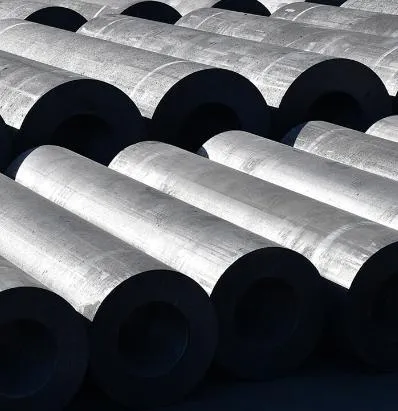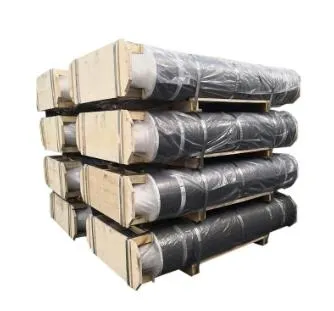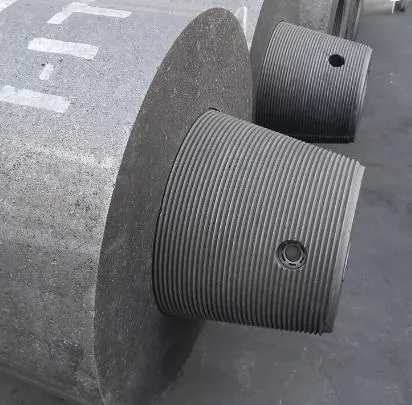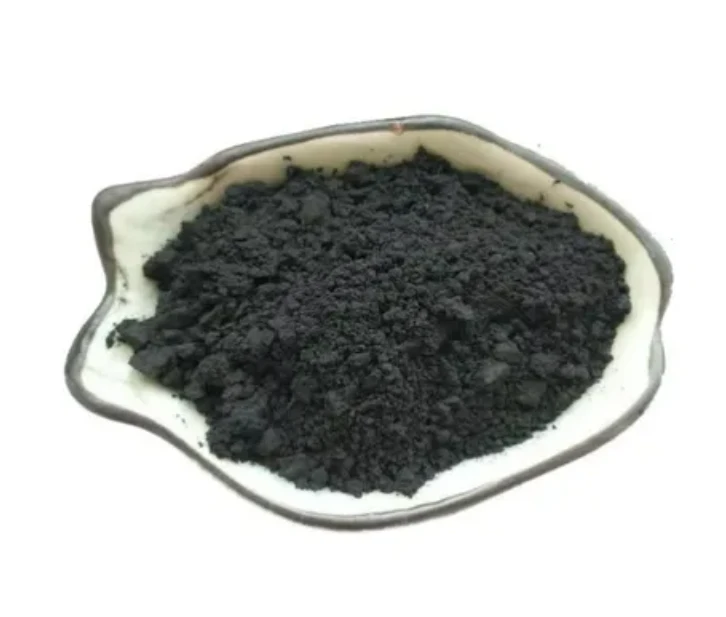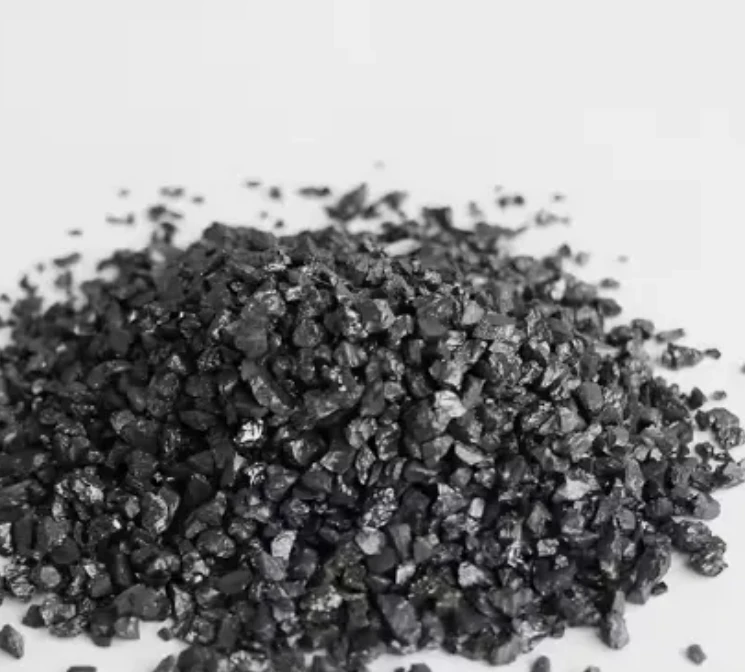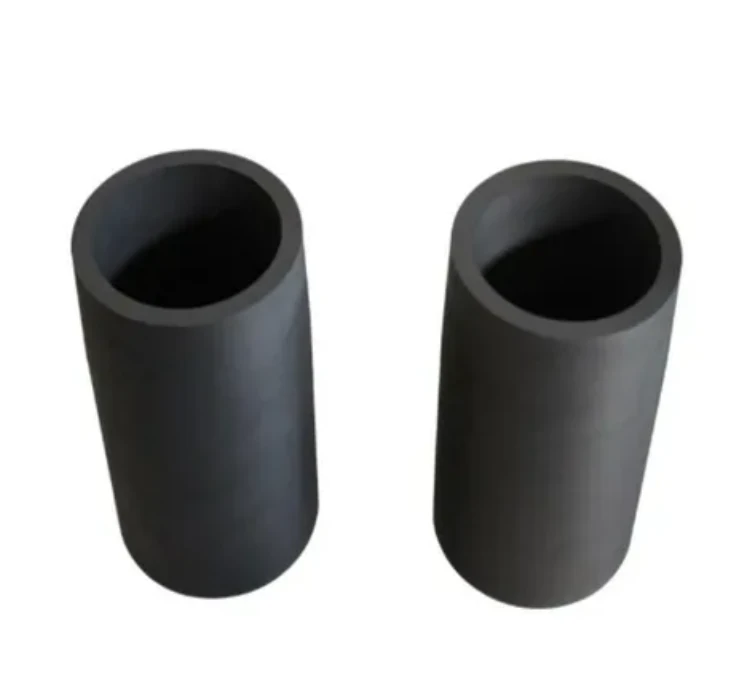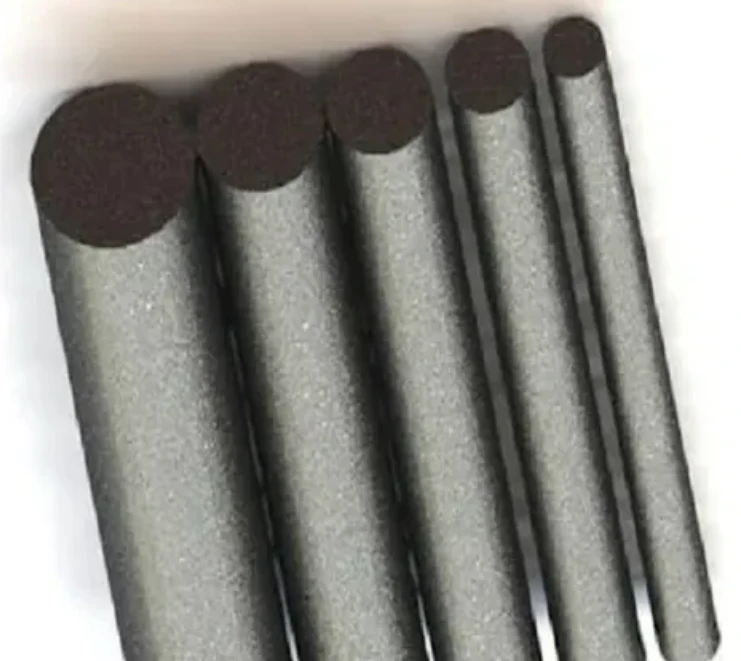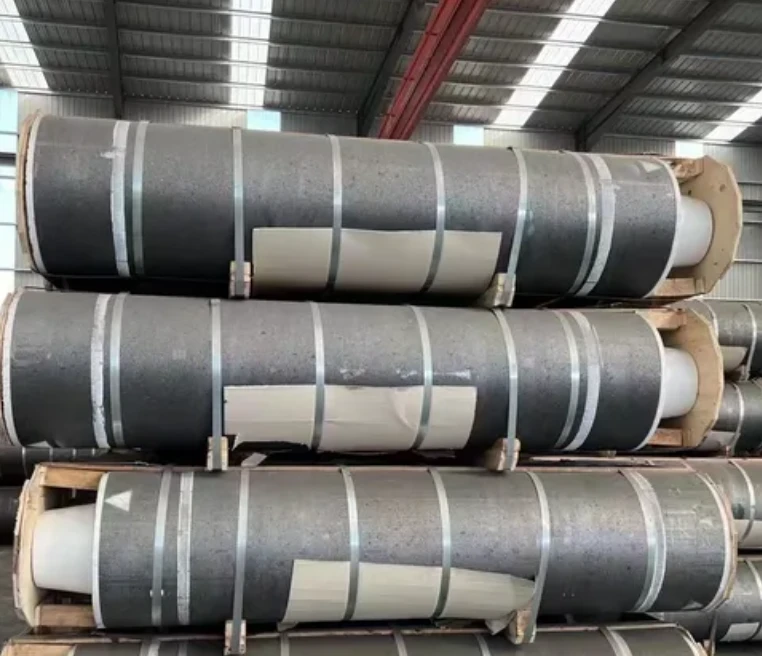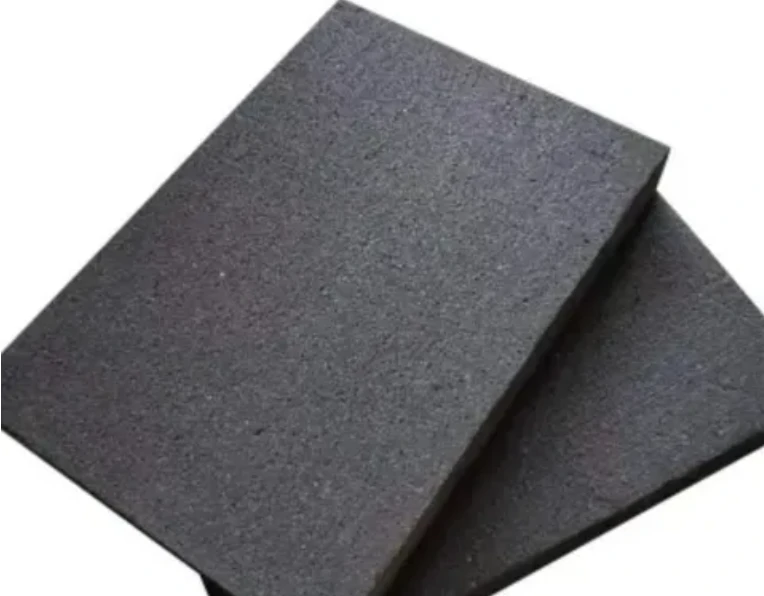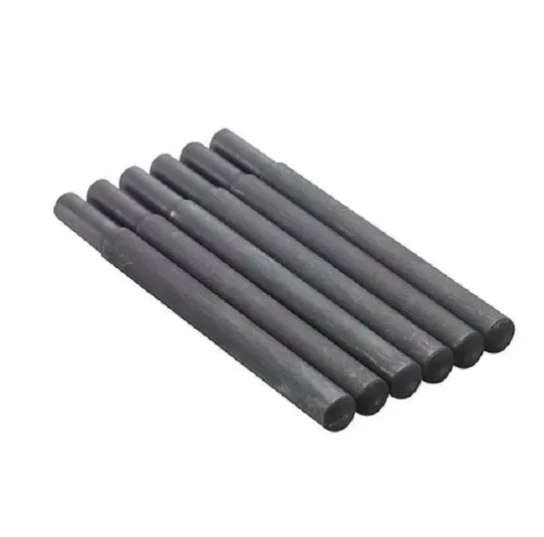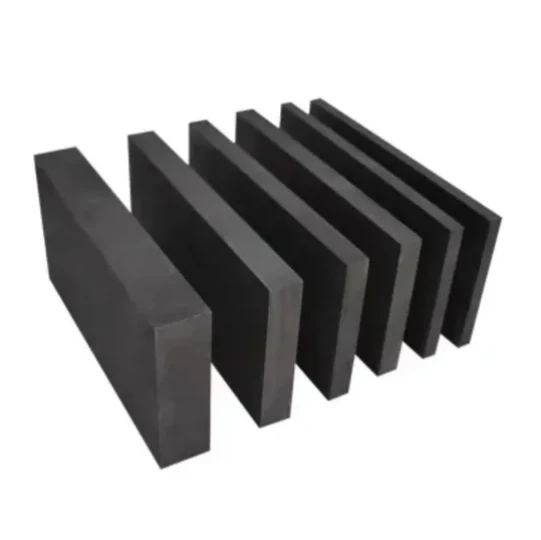- Englist


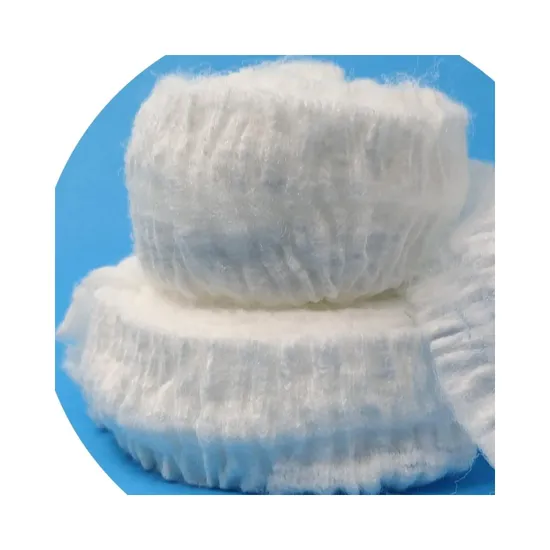
Cellulose acetate tow is a fibrous material derived from cellulose, a natural polymer found in wood pulp and cotton. It is primarily used in the production of cigarette filters, accounting for the majority of its global demand. The material is produced by chemically modifying cellulose through acetylation, which makes it more thermoplastic and suitable for fiber formation.
One of the key characteristics of cellulose acetate tow is its excellent filtration capacity. It effectively reduces the intake of tar and nicotine when used in cigarette filters. Its lightweight, porous structure allows it to trap fine particles while maintaining airflow. Additionally, it has favorable properties such as biodegradability, making it an environmentally friendlier alternative compared to synthetic materials.
Beyond cigarette filters, cellulose acetate tow is also used in air and liquid filtration systems, medical devices, and textile applications. As industries move towards more sustainable and biodegradable materials, interest in cellulose-based products like cellulose acetate tow continues to grow. Research is ongoing to expand its applications in non-tobacco areas, including eco-friendly packaging and hygiene products.
In conclusion, cellulose acetate tow is a versatile and functional material with broad applications. Its filtration efficiency, biodegradability, and adaptability make it a valuable component in both traditional and emerging industries.





 Pervious
Pervious
 Next
Next
